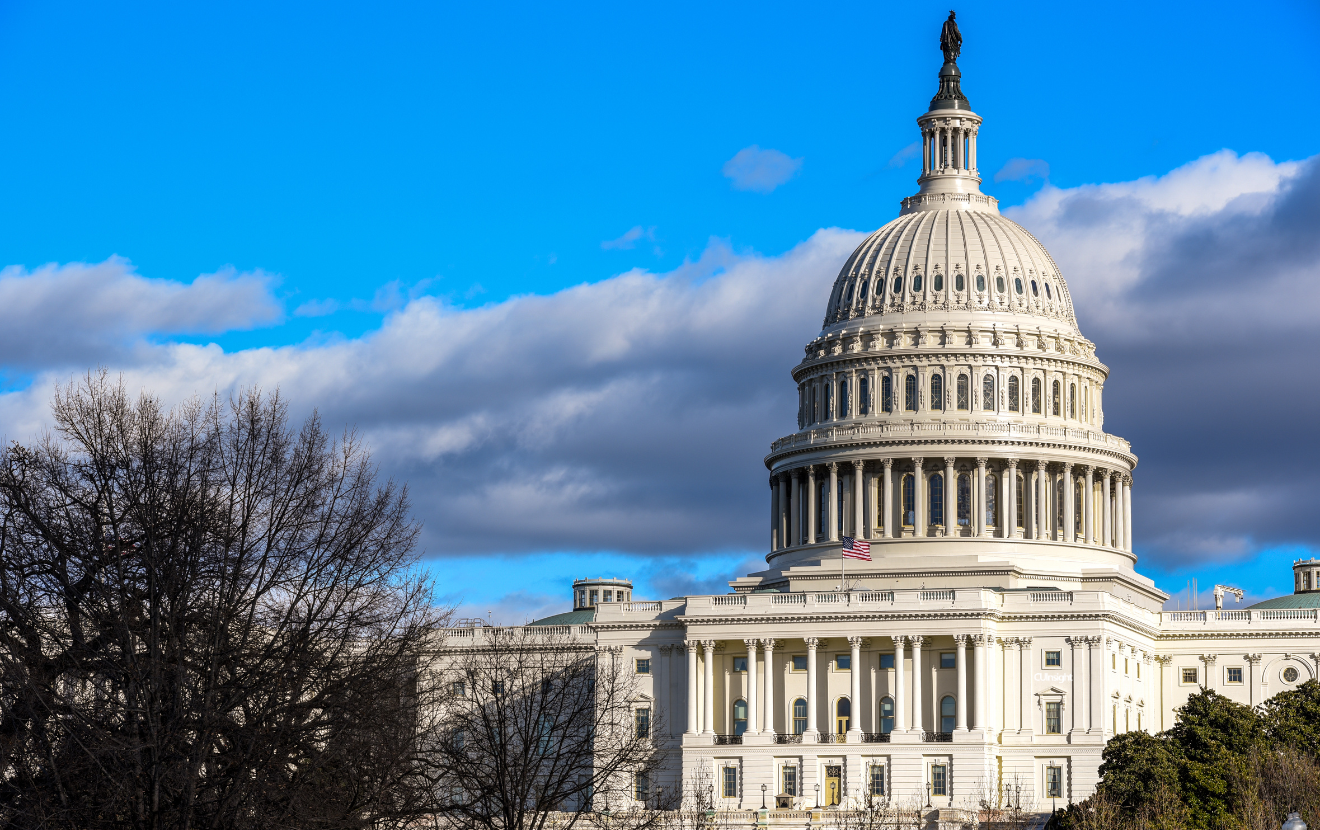When the federal government issued policy guidance in 2014 as to how financial institutions (FIs) could permissibly service marijuana-related businesses (MRBs), industry reaction was swift and decisive – most FIs wanted nothing to do with the reputational risks associated with marijuana. Fast-forward three years and we are beginning to see a noticeable change in the perception of banking MRBs. With the ever growing acceptance of legalized marijuana, MRBs are increasingly viewed by FIs as opportunities to be pursued, not risks to be avoided. Moreover, federal and state officials see FIs as the key to getting marijuana proceeds off the streets and into the financial system where they can be tracked and taxed. In short, the image of marijuana banking is changing.
Let us begin by separating reputational risk into two categories: Reputational risk caused by the action (or inactions) of FI’s themselves, and the reputational risk associated with servicing clients considered to be controversial, such as MRB’s.
Reputational risk is commonly defined as the following: “The potential that negative publicity regarding an institution's business practices, whether true or not, will cause a decline in the customer base, costly litigation or revenue reductions.” Certain byproducts of an institution’s direct actions or inactions can be defined. This can be demonstrated by the $185 million dollars levied against a large institution last year for fraudulently opening accounts without their customer’s consent. Another example would be civil money penalties for an institution’s failure to comply with various regulations. Other examples would be negative publicity from data security breaches in an FI’s computer system, formal enforcement actions, and accounting irregularities. Matters such as these are typically public information, with media exposure at various levels.
The airlines have been in the news recently for demonstrating less than exemplary customer service. Despite large-scale press and social media calls for boycotts, I have yet to see the public threatening to locate and boycott the financial institutions servicing those airlines. Or consider individuals that have conducted violent crimes, or crimes against children. Are financial institutions obtaining lists to screen their clients so as not to be providing services to those individuals due to potential reputational risks? If you like or dislike a particular political party, does where they bank influence your personal banking decisions?
Let us now discuss banking MRB’s. I recently conducted a Google search of the six known FIs servicing MRB’s in the state of Washington for any negative stories based on their association with marijuana. The research results primarily consisted of articles containing profitable earnings and various employee promotions; there was not a single negative story about serving MRBs.
Twenty-nine states have legalized marijuana in some form. Recent surveys have indicated that 80% of Americans think marijuana should be legal for medical use, and 49% approve of its use for recreational purposes. It is not only public opinion that has been changing but that of financial institutions as well. While the reputation of the financial services industry continues to suffer from the financial crisis, the fact is that most credit unions take seriously their role in their communities. And what they understand is the potential harm that could befall those communities if the marijuana industry remains unbanked. Many financial institutions believe it is their civic duty to bring this money in-house where it can be accounted for, monitored, and taxed, and not left on the streets wreaking havoc on communities.
Bringing financial services to MRB’s brings a number of desirable benefits, such as strict scrutiny and compliance to federal policy and state laws, BSA / AML oversight, and the ability to fully collect taxes on MRB’s. Credit unions that are responsible banking MRB’s are removing cash from the streets and bringing legitimacy and transparency to an industry previously relegated to the financial shadows. Perhaps the time has come to recognize that it is the FI’s serving MRB’s that are providing a valuable community service, as opposed to those that do not.
If you have any questions, please email Hypur executives directly aherrera@hypur.com and jvardaman@hypur.com.







